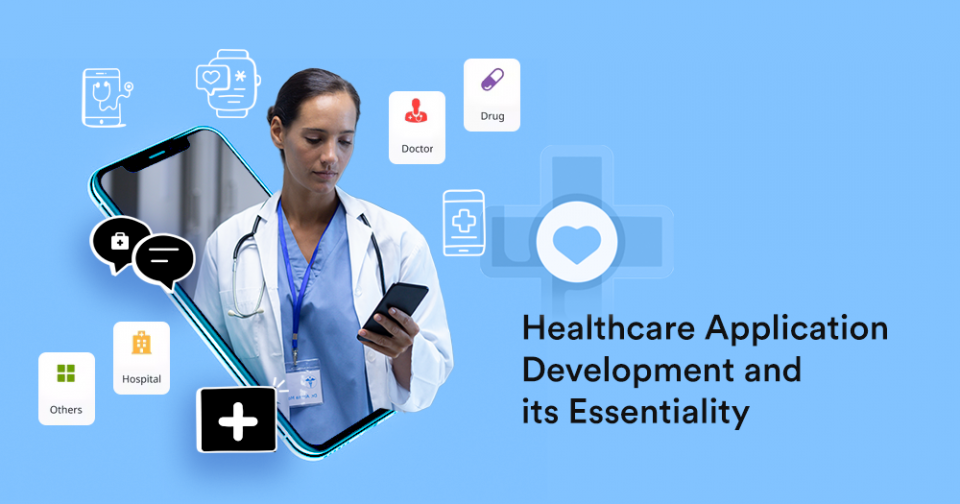The healthcare industry always struggled in delivering high-quality services that ensure better care. High expenses are always a major issue while performing any operation or giving a long time treatment.
Building a custom healthcare analytics solution is a complex one. It should follow all the procedures and security challenges to be part of the medical world. To create perfect conditions for the market, it is necessary to make it easily accessible to users.
In this article, we will discuss the latest technology trends that are influencing the market to better and form an integrated healthcare system.
Advantages of healthcare analytics system
A large number of processes take place in the healthcare industry as it is a vast field. If you want to build an appropriate healthcare system , you should have clearer insights into the data-driven decision-making process. Here we go with it.
Improved diagnosis
With the advancement in healthcare models, Newer healthcare software development services with the adoption of ML-powered analytics helps to increase diagnostic capabilities. More harmful diseases will be configured out easily which leads to improved access to medical care.
Prevents Equipment Crashes
Hospitals face a lot of machinery problems at the most inopportune moment. This will lead to delays in operations and endanger the patient well being.
Analytic software is used for monitoring the equipment closely in order to raise an alert at any problem. This will be helpful for the specialist to target and fix the issue before it is not functional.
Right Prediction of Treatment outcomes
When it comes to predicting treatment outcomes, healthcare analytics help you to handle such a situation. By accessing huge data, healthcare software can predict the possible probabilities and give the result. This enables proper adjustment of the treatment plan to make it more effective and decrease liability expenses.
Real-Time availability
Via healthcare analysis software, patients have complete access to the information and EMR details for personalized customer experience. It ensures real-time availability and secure access anytime and anywhere.
IoT and IoMT integration
Various smart sensors and medical devices help to detect problems at an early stage. The AI model can predict potential crises and ensures continuous care with minimal resources. Custom predictive analytics can take your decision-making and give a clear picture of the result that you seek.
Step by Step Guide
Here we will discuss the complete guide to designing healthcare analytics software to get the collected information on the procedure.
Define Requirements
When deciding to develop analytics software, you need to define the functions that need to be performed to add value to your business. This is an important part to gather feedback from your stakeholders and properly understand the proper requirements that are needed.
Research Phase
Once the requirements are decided, another part is the research. Transform the initial requirements into the scope of work and approximate project cost. Make a discussion with the team to clearly communicate every aspect that you are expecting from the software.
Design
The designers prepare the initial design and mockups to illustrate the functioning. At that particular time, you can provide feedback and adjust the modules immediately with its feature.
Development & Testing
The development part is begin with building an MVP to deliver the functionality quickly. Once the software is designed, test it in a live condition to determine the pros and cons.
Wrap Up
Analytics is increasingly woven into the fabric of healthcare, fundamentally shaping the future of medicine and care. However, it is necessary to understand analytics in healthcare to grow continuously and play an ever-greater role in future healthcare systems.
If you want to develop a health analysis system, you are on the right track. The latest advancements in technology can effectively reduce the hurdles and costs of operating organizations, helping improve patient outcomes, patient experience and staff engagement.

